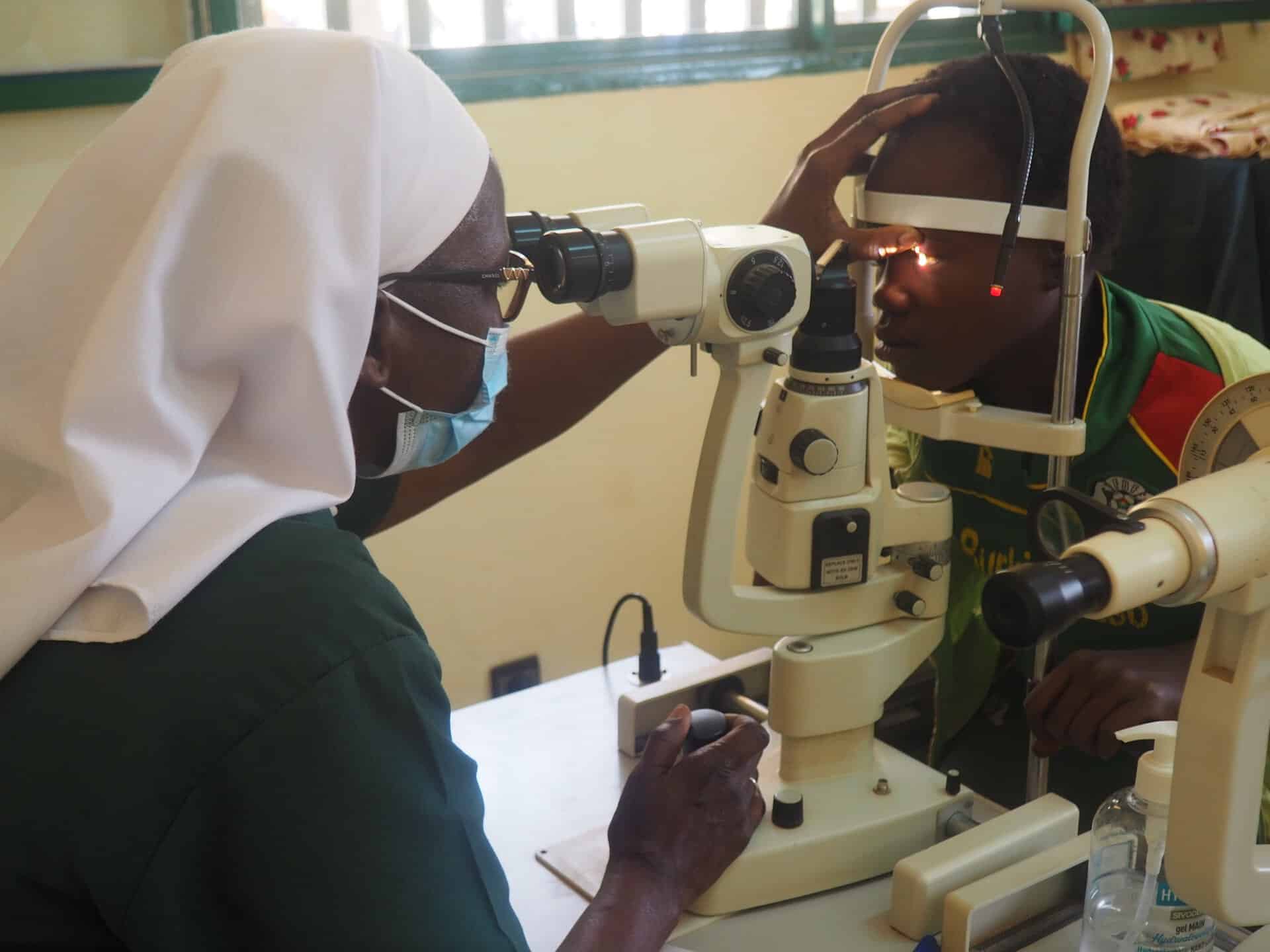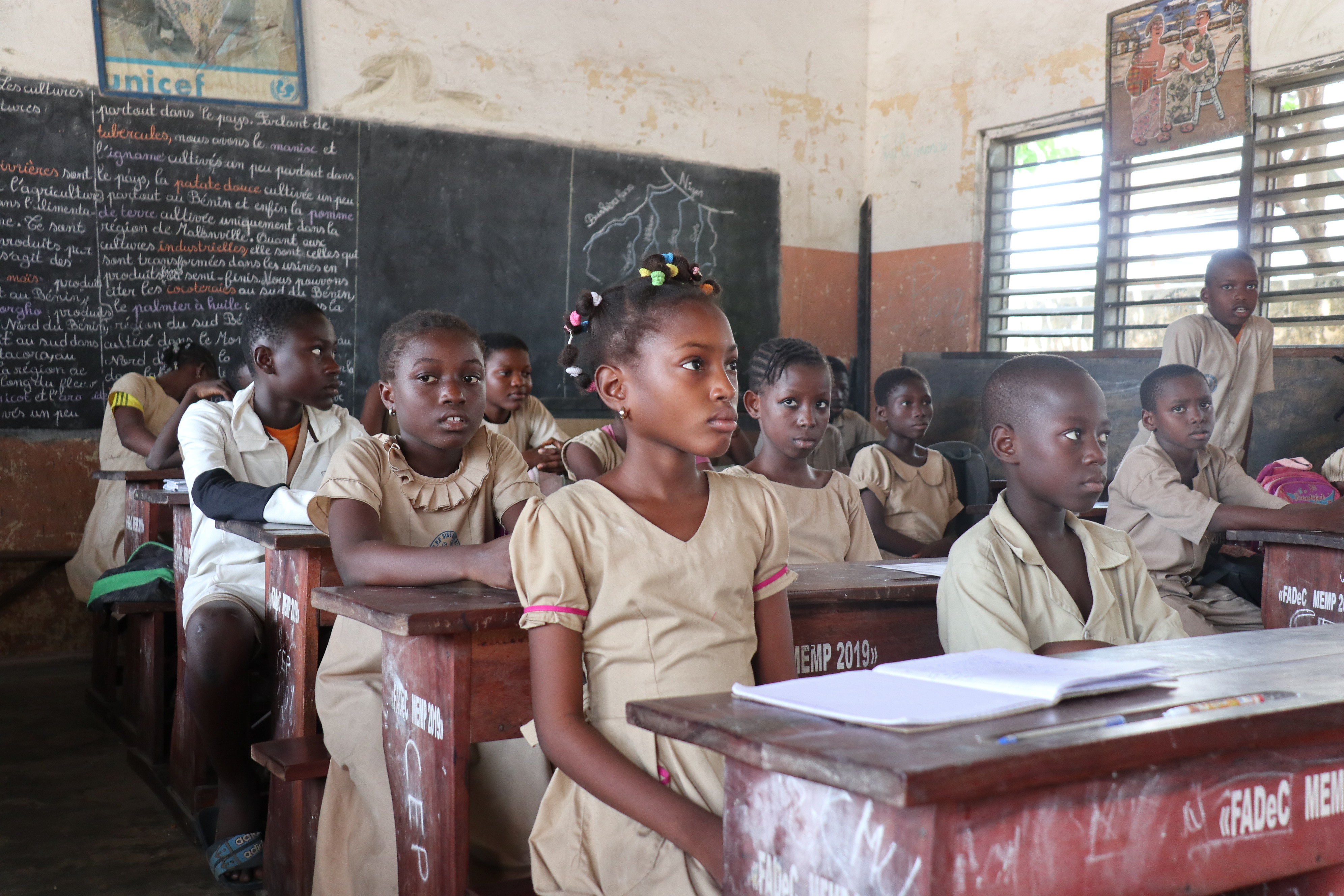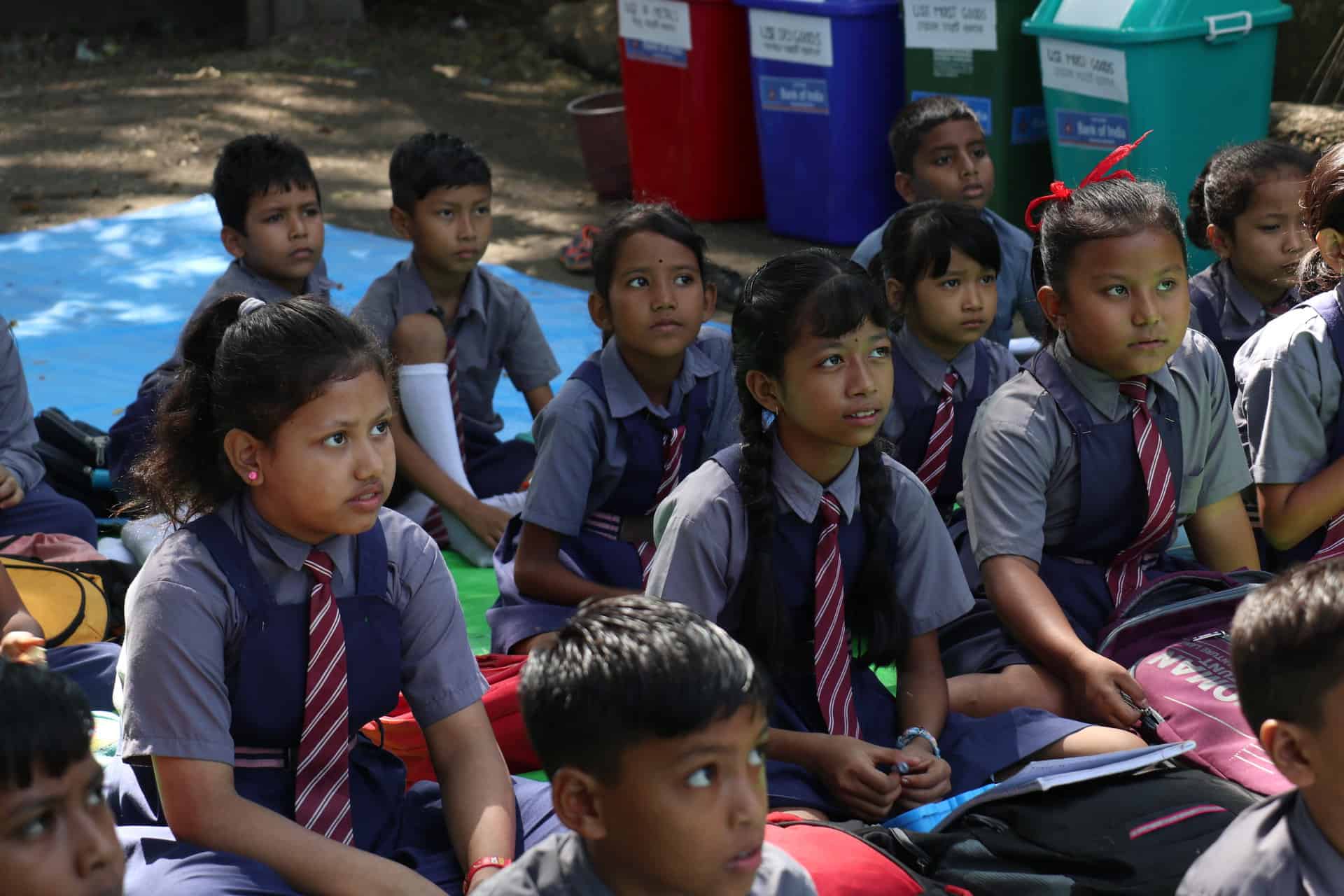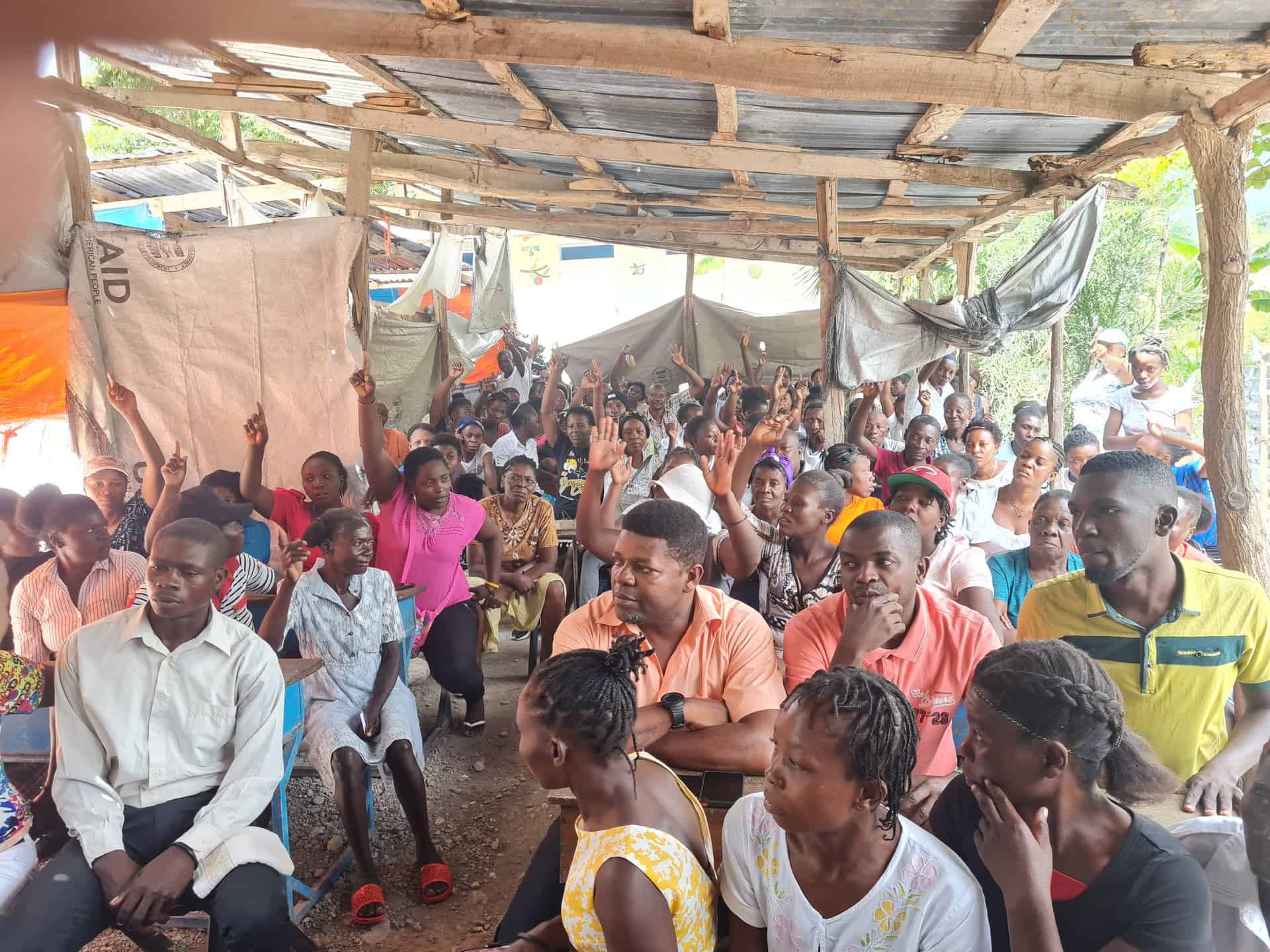Photo credit: Christine Redmond
The COVID-19 pandemic was a health, economic and social disaster that literally turned the world upside down and whose full consequences have yet to be felt. In terms of education, it has deprived millions of young people of their right to education, exacerbated a rampant learning crisis, and is now threatening the very future of entire generations. This is an alarming situation that Aide et Action denounces on the occasion of the International Education Day (January 24).
At the height of the health crisis, 1.6 billion children, including 760,000 girls, were in need of medical attention.The world's children have found themselves deprived of an education. States immediately set up educational alternatives, but 4 out of 5 have opted for digital education, leaving out nearly 465 million children who did not have access to computers or the internet. For almost 21 months, or nearly 2 years, children and adolescents, for whom access to quality education was far from guaranteed, were thus deprived of learning. Even today, more than 30,000,000 children are deprived of a 'classical' apprenticeship and suffer from the total or partial closure of schools. This is obviously not without consequences.
7 out of 10 children unable to understand 1 story
Long before COVID came into being, it was estimated that over 617 million children were suffering from 'learning poverty': without qualified teachers, adequate materials, time to work because of the many domestic chores, electricity even to study at night, 1 in 6 children could not read or write a simple sentence even after several years in school. It was estimated that 53% of children in low- and middle-income countries could not read or understand a story by the last grade of primary school, an already high rate that could rise to 80% in some schools. Initial post-COVID estimates now show that this percentage could now reach 70%. These 7 out of 10 children deprived of basic skills in low and middle income countries are mostly from the most vulnerable and marginalised groups: children with disabilities, minorities and girls.
A doomed generation
Such a loss of learning will be difficult to make up for given current education conditions: in many countries, most of which are without vaccines, schools are still partially or totally closed, governments have not invested massively in education (less than 3 % of government stimulus packages have been allocated to education) and have no adequate plan to support teachers, to receive and take care of children in very great difficulty and to offer them remedial courses to bring them up to standard. In such a situation, the condemnation of an entire generation seems unquestionable. They will never be able to recover from such a crisis and their very future now seems threatened.
Lhe World Bank, UNESCO and UNICEF now estimate that this generation of students stands to lose $17 trillion in lifetime earnings in present value terms, or about 14 % of current global GDP, due to school closures related to the COVID-19 pandemicBeyond the economic consequences, such a loss of learning will deprive a whole generation of the capacity to integrate socially, to become free and enlightened citizens capable of contributing to the world of tomorrow and to face the multiple crises that will inevitably arise. The urgency to act has never been greater.
Under these conditions, Aide et Action is mobilizing and urging governments to :
- To reopen schools as soon as possible in compliance with sanitary conditions and barrier gestures and to develop educational alternatives that are truly accessible to all children
- Ensure that teachers are supported and trained to deal with the most vulnerable and traumatised children
More globally, we call for the construction of free, inclusive and quality education systems to ensure that all children, especially the most marginalised, have the right to a quality education. It is also important to allocate adequate human and financial resources to these systems so that no one is left behind. We urge development aid donors to prioritise aid to education, especially basic education.
Sources figures :
- UNESCO 2020
- Save The Children, Save Our Education, 2020
- UIS 2021
- UNESCO 2018
- State of the Global Education Crisis: A Path to Recovery, World Bank, UNESCO, Unicef, 2021





